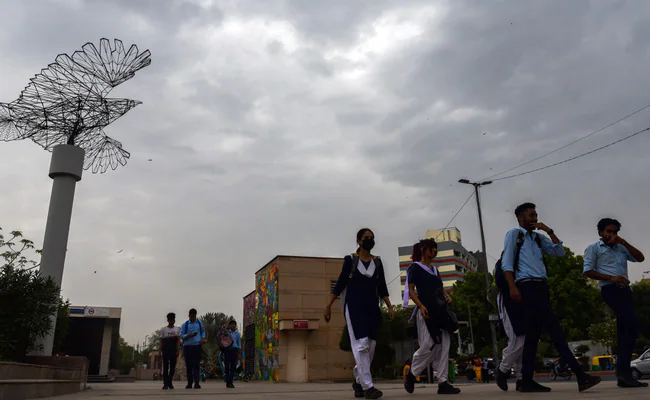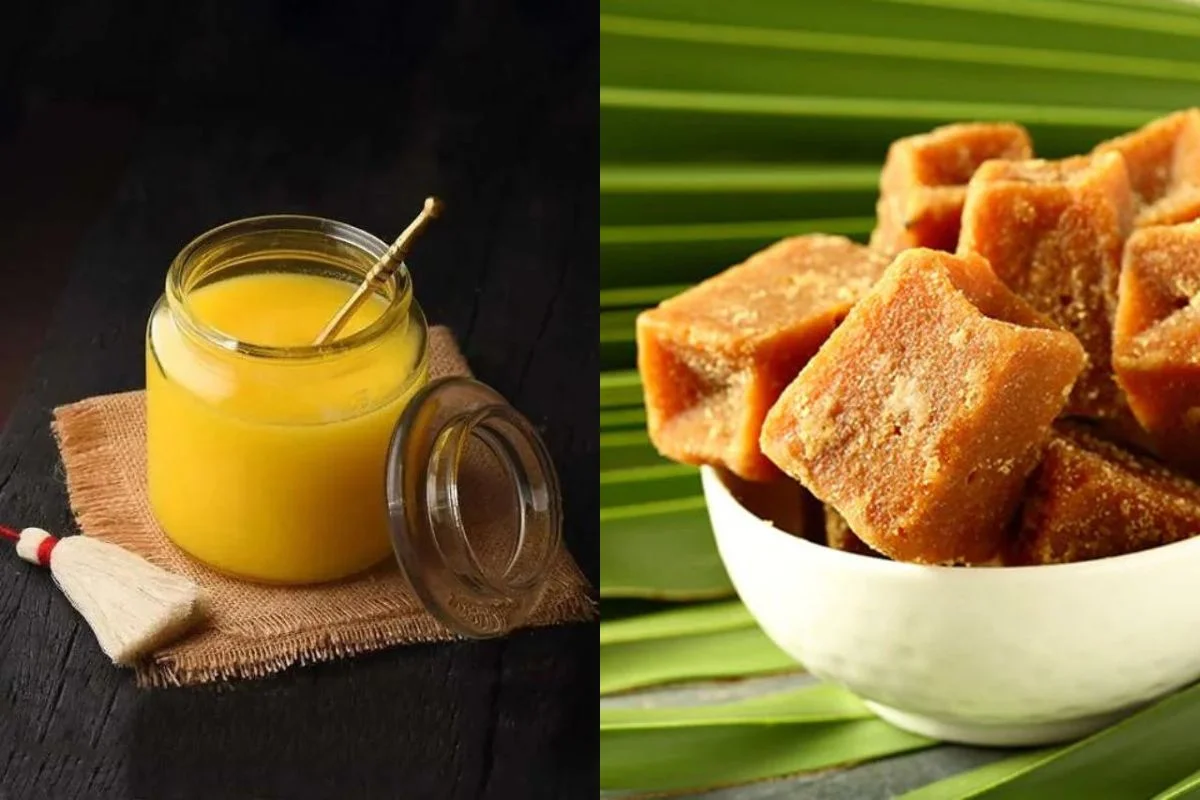Jaipur News: People in Jaipur city were plagued by low water pressure and electricity outages in the sweltering heat. The water supply department has assigned control room numbers in order to solve this issue. These numbers allow people to register their complaints. In actuality, many in Jaipur still need to have tanks delivered to their homes even though the city has a water supply of over 700 MLD. The people have been given numbers by the water supply agency in light of the growing issues and scarcity. Contact numbers for complaints are 0141-2706624 and 8279100526.
Widespread Water Issues in Jaipur Colonies
The majority of Jaipur city’s colonies, including those in Jagatpura, Pratapnagar, Sanganer, Vatika Road, Jawahar Nagar, Jhotwara, Murlipura, Harmada, Jaisinghpur Khor, and the Agra Road region, have the worst water problems. Some claim that low pressure is the source of the water. Unannounced power outages occur throughout the morning and evening. This causes the supply to occasionally halt for ten to fifteen minutes. The issue of electricity tripping in Jagatpura and Pratap Nagar is affecting the water supply.
Water Tanker Operations Amid Rising Temperatures
Water tanker drivers are working hard to make money despite the rising temperatures in Jaipur. Water supply from tanker operators might cost up to Rs 500 in various parts of the city. In this case, only 3500–4000 liters of water are delivered, as opposed to 5,000 liters. People are obliged to use tankers since there is less water available and more of it being consumed.
Population Access to Water
The established norms for water availability in cities stipulate that each individual should have access to 135 to 140 liters of water per day, but the supply does not meet these standards. Less than 100 liters of water are available to each person these days. The city’s population of about 40 lakh people has access to water.
Every day, 700 MLD, or around 70 crore liters, of drinking water are provided from all sources. In this, the city receives 532 MLD, or around 53 crore liters, of water from Bisalpur, and an additional 170 MLD, or 17 crore liters, of water from government tube wells.











